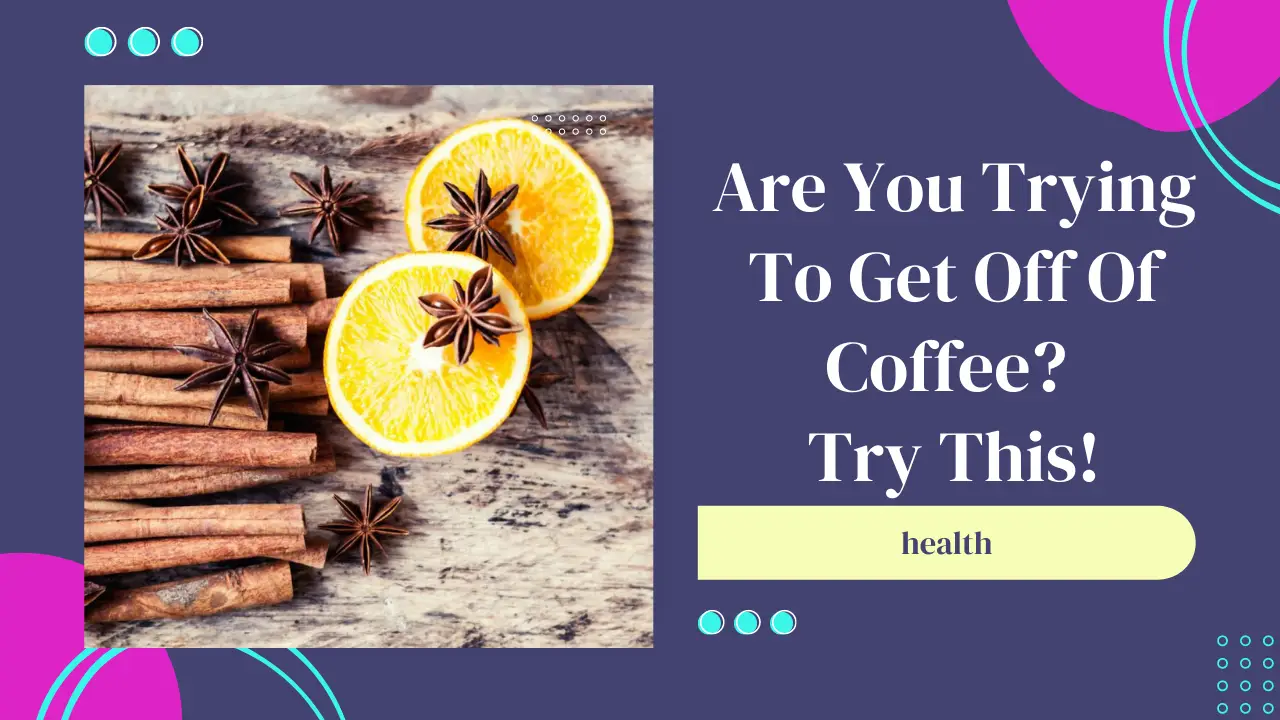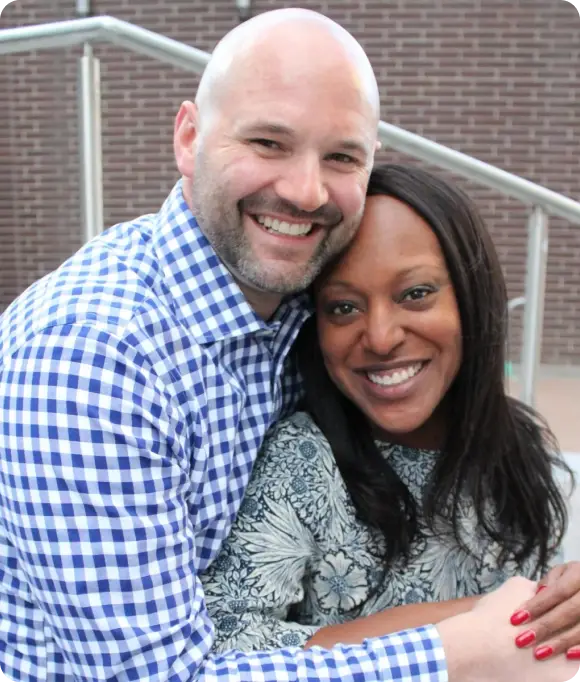Are you trying to get off of coffee? I have a few ideas about why you may consider it.
We recently spent the evening with new friends around the nation during an AARP virtual cooking workshop. We had so – much – FUN!! We made breakfast for dinner in honor of April Fools’ Day. My Cocoa Morning Love Elixir, Magical Blueberry Muffins, and Kissed by an Angel Smoothie were on the menu.
In my excitement to share one of my favorite elixirs, I encouraged the community to consider it instead of coffee. I think my exact statement was, “Let’s get rid of the caffeine.” I know a lot of people cherish their cup of Joe, so perhaps I could have been a bit more gentle. However, I have a few reasons for the proclamation:
Caffeine can steal precious sleep.
If you are over 40 like me, then I imagine sleep can be elusive at times. A full night’s rest can be hard to come by with the demands of work, family, and self-care. Caffeine is not doing us any favors in this regard.
Coffee has a half-life of 4 – 6 hours, which means it is hanging out in our bodies for quite a while after sipping. I find that sleeping through the night is impossible if I consume caffeine after 3 pm.
Caffeine can whack out our hormones.
Meghan Telpner breaks it down brilliantly:
- Adenosine – This hormone helps calm the body. Caffeine inhibits its absorption. This is in part why we feel alert in the short term but have sleep problems later on.
- Adrenaline – The hormone that fuels our workforce! Caffeine injects adrenaline into our system, offering a temporary boost, but what goes up must come down, leaving us feeling fatigued and depressed. What do we do then? Grab a second cup. Sipping up more caffeine to counteract these effects leaves us feeling agitated and edgy.
- Cortisol – The “stress hormone” that is supposed to help us cope with long-term chronic stress gets played out with caffeine consumption. Elevated cortisol is associated with weight gain, moodiness, and over the long run, it has been associated with heart disease, diabetes, and cancer. Boooo.
- Dopamine – Caffeine increases this feel-good hormone’s levels in the body (as does sugar), acting in a way similar to amphetamines. Yikers. Unfortunately, once it wears off, we are left feeling rather low, part of what leads to that physical dependence.
Caffeine can cause anxiety.

This pandemic has created enough anxiety on its own. Adding caffeine to our system is kind of like pouring gasoline on a fire. It can exacerbate our feelings. This article in the Journal of Psychopharmacology states, “At extremely high doses [caffeine’s] consumption can induce a condition known as ‘caffeinism’. Symptoms include anxiety, nervousness, restlessness, insomnia, excitement, psychomotor agitation, dysphoria, and a rambling flow of thoughts and speech.”
Caffeine can cause high blood pressure.
This statement from the Mayo Clinic: “Caffeine can cause a short, but dramatic increase in your blood pressure, even if you don’t have high blood pressure. It’s unclear what causes this spike in blood pressure.” Boom! Enough said.
These are just a few of the many reasons I recommend ditching our attachment to coffee. A cup once in a while can be a treat. I’ll admit that I enjoy an occasional oat milk latte from my beloved Monk & Mongoose coffee shop. It is the daily consumption of caffeine that can create a storm inside of our bodies.
So you ask, what should I drink instead? Well, my friend, I have two ideas below. Here is my favorite go-to during the weekdays:

Cocoa Morning Love
Ingredients
- 1 tsp cacao powder
- 1 tsp Maca powder (optional adaptogen add-in)
- 1 tsp hemp seeds (chia seeds or unsalted pumpkin seeds work too)
- 2 tbsp ghee, butter, or coconut oil (or Miyoko’s vegan butter 0 my current fave)
- 1 dash cinnamon powder
- 1 pitted date (2 if you need more sweetness)
- 1 cup boiling hot water
- Blender
Instructions
- Place everything in a high-speed blender (with a venting lid) for about 20 seconds.
- If you do not have a venting lid, blend dry ingredients with 1/4 cup of hot water and pour boiling water over the mixture when done. Stir with a spoon.
- Enjoy!
Notes
The longer you give the ingredients to marinate, the tastier your dressing will be.
Nutrition Facts
Calories
295.07Fat
29.39 gSat. Fat
22.67 gCarbs
10.22 gFiber
2.61 gNet carbs
7.6 gSugar
5.48 gProtein
3.26 gSodium
12.28 mgCholesterol
0 mgNutritional information has been AI generated. Please consult a medical professional if you have questions.
Similar Recipes
Did you make this recipe?
This next one takes a few extra minutes to steep the tea, so I typically savor the deliciousness on the weekend:

Orange Spice Morning Bliss
Ingredients
- 1 cup warm orange spice black tea
- 2 tbsp butter, ghee, or coconut oil (Miyoko’s vegan butter works here too)
- 1 tbsp pumpkin seeds, unsalted
- 1 tsp Maca powder
- 1 tsp monk fruit sweetener
- 1 scoop collagen, at least 10g protein
- 1 dash pumpkin spice or cardamom and cinnamon
- Blender
- Teapot
Instructions
- Boil water and steep your orange spice black tea for at least 5 minutes.
- Place everything in a high-speed blender (with a venting lid) for about 20 seconds.
- If you do not have a venting lid, blend dry ingredients with 1/4 cup of hot water and pour boiling water over the mixture when done. Stir with a spoon.
- Enjoy!
Notes
The longer you give the ingredients to marinate, the tastier your dressing will be.
Nutrition Facts
Calories
332.68Fat
34.21 gSat. Fat
23.7 gCarbs
14.18 gFiber
1.99 gNet carbs
4.19 gSugar
1.19 gProtein
6.32 gSodium
12.76 mgCholesterol
0 mgNutritional information has been AI generated. Please consult a medical professional if you have questions.
Similar Recipes
Did you make this recipe?
Both elixirs are chock-full of brain-supportive, hormone balancing, anti-inflammatory ingredients. I would love to know if you try either one of these. I hope they help to get your morning off to a brilliant start!
All my love,
Michelle








